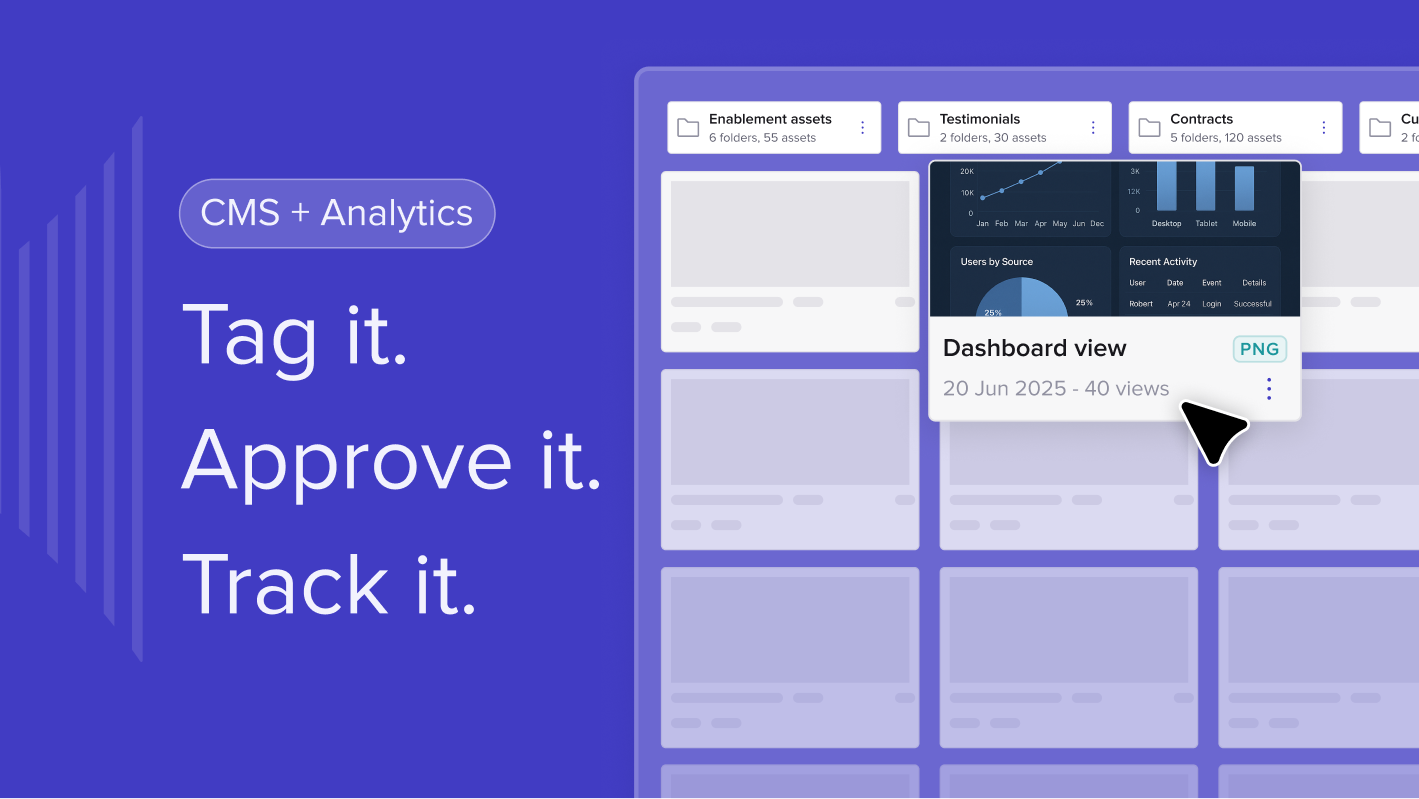Great news! You have a prospect, someone you could potentially convert into a sale.
You’re excited because it's time to apply those closing skills and turn this prospect into a deal, a tick in the W column.
…And out of nowhere, it slips through your fingers.
The prospect that seemed so excited all of a sudden isn't keen. They’re not even talking to you 🥲 Instead, they’re dodging your calls or simply walking away, leaving you feeling like you did something wrong.
We’re not here to sugar-coat it; you might have said something to turn that prospect into a ghost.
Unfortunately, there are so many dry and cliched sales tactics out there that prospects have started to clock on to, and run a mile from the sound of them.
The old method of "spray and pray" sales, with cold-calling and impersonal pickup lines, doesn’t cut it anymore people.
The good news is that no one likes using the dusty sales jargon anyway. It's just become so ingrained it feels impossible to escape. Luckily, there are a bunch of way better sales phrases you can use to close the deal.
Some of our least favourite gross sales phrases and words include
- I’d like to connect
- Prospects
- I want to/ I’d love to/ I need…
- [Jargon]
- To be honest/Honestly
- Are you the decision maker?
- What if I said…
- What keeps you up at night...
Instead, say
- Let’s talk about [insert specifics here]
- Future customers
- Here’s how I can help you
- [Anything that's not alphabet soup]
- [The honest truth] or "From my experience."
- Who else should I be in contact with?
- [Just say the thing]
I’d like to connect > Instead tell them what’s up
Who talks like this in regular, everyday speech?
Are you texting your friends with “I’d like to connect to watch the next Marvel movie?”
Probably not.
Prospects want to feel like you see them as a person (because they are a person).
So connect with them personally by treating them personally. Temper this with professionalism, of course, but make sure your prospects feel valued.
Instead of this cringe line, try telling prospects the actual reason you're talking to them.
"Let’s have coffee to talk about the presentation.”
“Let’s meet up about what we talked about last week.”
“I’m emailing with a quick summary of what we talked about earlier, so you've got all the info.”
“I’d like to connect” sounds like a trite pickup line that skirts around what you want. Instead, cut straight to the point with personal professionalism, and make prospects want to convert themselves.
Prospects > Instead, leads are “future customers”
This one harkens back to our first point; who talks like this? You wouldn’t call a person you’re meeting for a date a “prospective partner"; you'd call them a date (and if you’re super confident, it’s your future non-platonic-friend)
Not only does it feel weird and stilted, but it's a reminder that you're here for one purpose and one purpose only, which can lead to natural resistance. People don’t want to just be a “prospect” for your future; they want to get something out of it too.
Referring to prospects as "future customers" immediately makes a personal connection, showing the relationship you're working to develop with them right from the beginning. It's like peeling back the curtain to demonstrate the bright future you want to build with your future customer..
A bonus is that you’ll sound appropriately confident, which builds confidence in your abilities. That makes it a win-win.
I want to/ I’d love to/ I need… > Instead, make it about your future customers
The beginning of a sales pitch is not the time to tell future customers “what you want, what you really really want."
Telling leads about your desires makes it seem like this process is about you when it’s not.
It’s about them.
When you feel the burning desire to start a phrase with your needs and wants, rephrase it to consider your lead and what you're trying to entice them with.
For example,
"I'd love to show you how our product is superior" becomes, "Our product can address your concerns, helping you in the ways you need. When can we set a time to talk about it?”
This approach taps into the personalisation that future customers crave without realising it.
t shows that you're listening to them and have their interests at heart, which is what they really care about.
[Jargon] > Instead, say actual words
“Before showing our TOFU prospects our brag book or connecting with a FAB, it’s our policy to run your BANT past our gatekeeper to ensure it’s worth our time.”
Say what?
While technically a full sentence that makes sense, who is going to understand the gobbeldy-gook that just came out of your mouth?
Although the person you're talking to might understand all those acronyms and jargon, using them in day-to-day conversation takes all the personalisation away.
On the other hand, your future customer might not understand the jargon you use if their newer to the industry or their focus is slightly different.
The alienation of using terms they don’t understand can turn future customers off and send them running.
Instead, use regular human speech. For example,
"Hey, I just have to run this past my supervisor because of policy, give me one day, and I'll get right back to you" accomplishes the same information as the alphabet soup above but makes the future customer feel personally spoken to and seen.
To be honest/honestly > Instead, just be honest without proclaiming it
You’ve been hearing this since kindergarten; don’t lie.
Equally important is not giving the impression that you have been lying. Claiming that you’re being honest sets off alarm bells for experienced buyers.
They start wondering if you’ve only just started being honest and if you’ve been lying the whole time.
This is a filler phrase that you don't need in your vocabulary. Cut it out to show your confidence and work off their assumption of honesty. If you absolutely need a filler, try "from my experience" instead.
Are you the decision maker? > Instead, ask who else should be involved
Ouch!
This is straight-up insulting, making people who aren't the sole decision maker feel defensive and on the spot like they aren't worth your time if they can't make all decisions without anyone else's input.
This kind of short-sighted and rude phrase makes future customer rethink their relationship with you
Instead, approach without bluntness but still with honesty.
You're asking whether you'll have to get any other opinions before making the sale. So ask that.
“Is there anyone else I should be in contact with about this decision?”, “Would you like me to CC someone else on the emails about this?" or “Who else should I talk to regarding this?” All these options bring up the concept without putting people on the spot.
What if I said… > Instead, just say it
“What if I said…” is a classic sleazy salesperson pitch.
Avoid this cringey phrase, or you’ll sound like a call-and-response no one wants to respond to. This clearly manipulative phrase puts people on the defensive.
Skip the rhetoric by just coming straight out with whatever you want to tell your future customer.
Instead of saying, “What if I said I could double your production?” say, “87% of our customers find their production has doubled within 6 months.”
Make future customers just customers
In summary: Treat people like people. Learning how to talk to potential customers to close the deal involves connecting with them personally and understanding how your phrases and words will make them feel about you and your product or service.
For more tips and tricks that we use at Trumpet to connect with future customers personally and realistically, check out our blog.

.svg)
.svg)
.svg)
.svg)
.svg)
.svg)
.svg)
.svg)
.svg)
.png)
.svg)
.svg)
.svg)
.svg)

.svg)
.svg)
%201.svg)
.svg)
%201.svg)



.svg)























![How to Get Started with Buyer Enablement [With Examples]](https://cdn.prod.website-files.com/65cf4fecbed2754c2236665d/65cf4fecbed2754c22366bdb_65a5af83e742f76e34ce06f3_Customer%2520Onboarding%2520_%2520Everything%2520you%2520need%2520(2).png)
.png)



.png)



.png)









.png)


.png)

.png)
.png)







